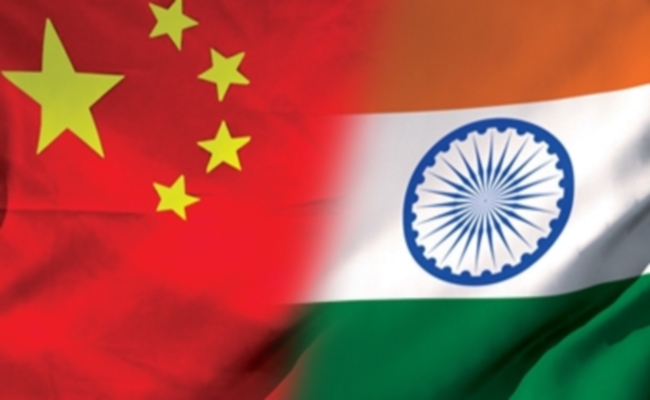
China seems to be on the backfoot over Prime Minister Narendra Modi leading the BJP to a comprehensive win in Uttar Pradesh — a politically important state that has sent the most number of prime ministers to parliament, including Modi himself.
In an editorial article published in Global Times, Modi has been described as "firm" on issues of conflict — one with whom Beijing can have a tough time in negotiating disputes, like border issues or the South China Sea conflict.
Also read: China wants to include allies as part of BRICS plus?
The article in Global Times — which functions under the Chinese Communist Party's People's Daily — acknowledges that Modi has improved India's ties with Moscow and Beijing. It also explains that Modi came to power on the promise of development, and won UP on the same promise. It also recognises that this has increased Modi's chances of being re-elected prime minister in 2019.
Is Modi alone 'firm'?
The article explains: "If Modi wins the next election, India's current firm and tough manner is bound to continue." It, however, adds that this will mean "more difficulties in making compromises in rows with other countries." As an example, it cited India's border dispute with China: "No silver lining has yet emerged and Modi demonstrated his firm stance over the issue by celebrating Diwali, India's biggest holiday, with soldiers at the Sino-Indian border."
Compare this with the firm stance China has taken on India's membership to the Nuclear Suppliers' Group (NSG). It has been adamant that if India, which is not a signatory of the Non-Proliferation Treaty, gets in, so should Pakistan. China has also refused to back India and the US' move in the UN to get Masood Azhar classified as a terrorist.
'Optimistic' tone?
However, it also adds: "But while seeming inflexible on the surface, hard-liners also have powerful strength in coming to an agreement with others once they make up their mind, given their executive ability and high efficiency. That said, we can still be optimistic in resolving our divergences, including border disputes, with New Delhi during Modi's term as long as both sides are willing."
This resolution cannot happen on changes in India's stance alone. China should also be willing to arrive at a point on which both parties can agree. And that can happen if both India and China move from their current positions on pending issues.








![BJP fields Tashi Gyalson for Ladakh; drops sitting MP [details]](https://data1.ibtimes.co.in/en/full/797185/bjp-fields-tashi-gyalson-ladakh-drops-sitting-mp-details.jpg?w=220&h=138)







![BJP fields Tashi Gyalson for Ladakh; drops sitting MP [details]](https://data1.ibtimes.co.in/en/full/797185/bjp-fields-tashi-gyalson-ladakh-drops-sitting-mp-details.jpg?w=220&h=135)